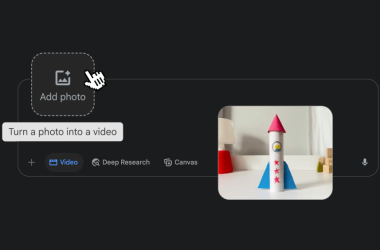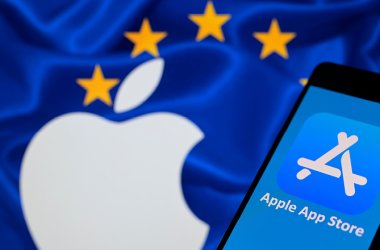
Cloud computing has taken another blow this week following Apple co-founder Steve Wozniak’s comments about “horrendous” problems. Now, Mat Honan of Wired magazine has revealed how hackers manipulated the customer service departments of Apple and Amazon to ultimately compromise his Google and Twitter accounts.
Inevitably, this led to all of his personal and professional data being lost and bigoted updates to be aired from his social media accounts. In a gut-wrenching first-hand account of the incident, Honan warns of a “looming nightmare” stemming from “vital security flaws” that exist in the cloud computing industry.
In response to the flurry of criticism being spread about the cloud, a variety of service providers have come out passionately defending their industry, pointing out that the cloud can potentially be a haven for hackers, but that if architected properly with the right protections in place, it can be as safe as users make it
“We have to respectfully disagree with Mr. Wozniak,” said Rob May, CEO of Backupify, which provides a secondary backup solution for cloud users. Wozniak’s criticism centres around the idea that users cede control of their data when they ship it off to a cloud provider. May says there’s an easy solution to that: Keep a second copy of your data with another provider, or use a federated approach to avoid putting all your eggs in one basket.
Others say controlling your data isn’t about backing it up, it’s about encrypting it. “Use of an encryption gateway provides an ideal way for people to control their data from a security, privacy and data residency standpoint,” said Kevin Bocek, VP of marketing for CipherCloud, arguing as a solution to address Wozniak’s concerns that data needs to be not just backed up, but instead encrypted so that no one else can access it.
Mark O’Neill, CTO of cloud broker Vordel, said there’s another simple solution: Perhaps a company’s most sensitive data may not be ready to be put up into the cloud yet. Companies can selectively choose which data is stored in the cloud, allowing users to “hedge your investments,” he said.
The back-and-forth between the cloud critics and the cloud defenders is only natural. Ultimately, the fundamental arguments made by both Wozniak and Honan are about trust, which are “absolutely legitimate concerns,” said Andi Mann, vice president of strategy for CA Technologies. “The cloud is not magic,” Mann reminds users, noting that it still requires a plan on the end user’s part to ensure the systems are secured effectively.
The move to a cloud-computing dominated IT is a slow and steady process that is still in its early days. Think back, Mann said, to a decade ago when consumers and businesses would have thought online banking would not be safe, and today it’s commonplace. But many CIOs are still concerned about the public cloud, reinforcing Wozniak’s point. If a business hosts sensitive data in the cloud and its provider has a breach, that’s a problem the customers will end up dealing with. It’s up to the end users to put protections in place themselves when using the cloud, said Mann.
The takeaway from Honan’s incident and ensuing criticisms stem from basic human error and a lack of common sense by both customer service support staff at major companies and end users, said Alan Shimel, managing partner at The CISO Group. Honan describes how the perpetrators allegedly socially engineered the attack by gaining access to his accounts and resetting his passwords through a customer service representative. Honan even admits himself that he could have had more hardened security and backup procedures in place.
Shimel isn’t buying all of the solutions cloud service providers are offering. “Federating across multiple providers won’t stop a disaster,” he said, noting that Honan had multiple accounts hacked simultaneously. And if cloud service providers hold the keys to the encryption code, than the encryption is worthless, he said.
It comes down to using common security sense, and providers eliminating human and process errors that allow hackers to exploit users. Reports this week indicate that Amazon and Apple have amended their security practices, particularly related to password security in customer service calls.
If a hacker can call into Amazon and get a password reset by answering questions that could be found out about a person on the interview or through a five-minute conversation with them at a bar, there is something wrong with the system in general, Shimel said. “We need to move beyond passwords,” he added. One step, on the personal cloud computing end, is to use two-factor authentication, as Shimel argues in a recent blog post, which ultimately is a protection end users put in place themselves, not relying on their providers to do it for them.





